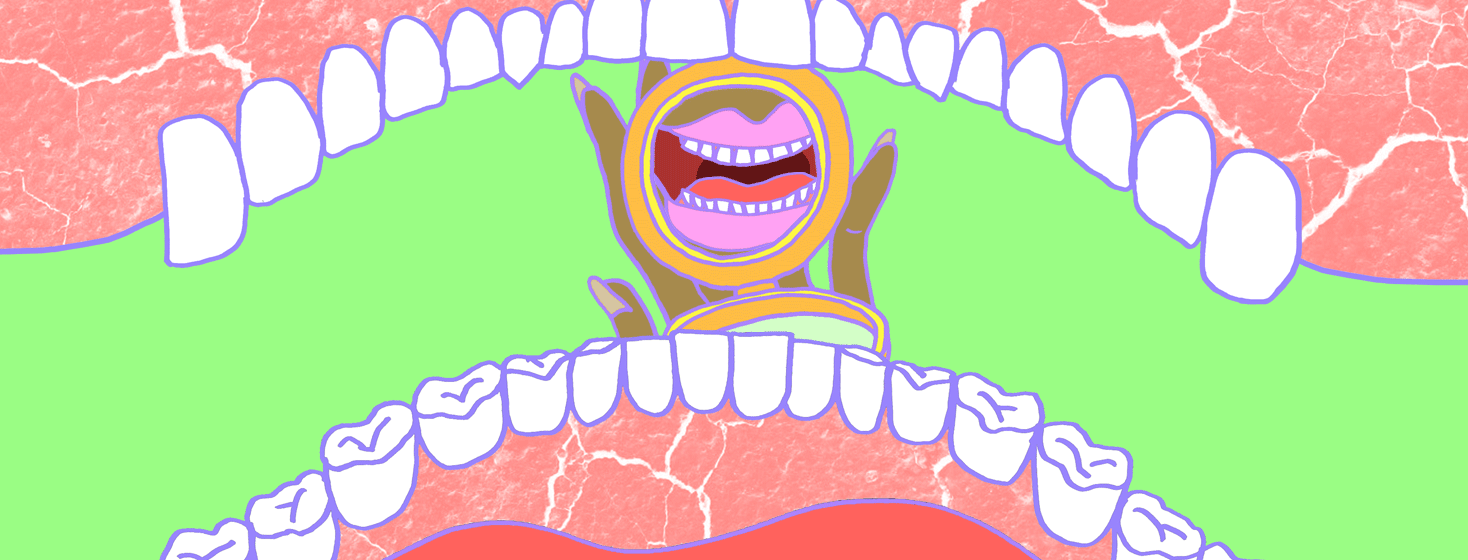Dental Health and Hepatitis C
People with hepatitis C are at an increased risk of dental complications. This is a result of the virus' impact on the individual's nutrition, immune system, and lifestyle. To exacerbate matters, previous treatments commonly used to treat hepatitis C, ribavirin and interferon, have documented oral adverse effects. Some of these side effects include gum bleeding, toothaches, dry mouth, cavities, oral lichen planus, and dry lips.
In some cases, the fear of discrimination and stigma can prevent those with hepatitis C from seeing a dentist. To best manage hepatitis C-related oral complications, find the right dentist who makes you feel comfortable. Some of these complications can be managed -- and in some cases prevented -- with routine dental care.
Dry mouth
The hepatitis C virus (HCV) affects the salivary glands, resulting in a decrease in saliva production. Saliva is a critical component to the health of your mouth: It cleans, acts a defence against bacteria, initiates digestion, and helps remineralize teeth. Less saliva in the mouth can lead to dry mouth, bad breath, unpleasant sensations in the mouth, and increased risk of mouth infections, such as candidiasis. The following tips can help if you are suffering from a dry mouth:
- Sip water throughout the day
- Chew sugar-free gum or suck on sugar-free candy to stimulate saliva. Sugar-free is important, as high carbohydrate intake can also have detrimental effects on teeth
- Limit caffeine intake
- Use saliva substitutes, such as Biotène® products. These are available over the counter and are formulated as mouthwashes, sprays, gums, or lozenges
- Consider purchasing a humidifier for your bedroom
- Avoid using antihistamines and decongestants, which tend to exacerbate dry mouth
- Avoid mouthwashes that contains alcohol
- Abstain from tobacco
Oral lichen planus
Oral lichen planus is a skin condition that typically presents as white, inflammatory patches in the mouth. The lesions tend to be painful or cause a burning sensation. Exacerbations may be a result of spicy or acidic foods, or stress and/or anxiety. Oral lichen planus is a chronic condition and has no cure. Topical steroids are usually prescribed to the lesions to help during exacerbations. Topical steroids are safe to use in moderation and will help reduce inflammation and pain.
Lymphomas
The risk of non-hodgkin's lymphoma (NHL) in people infected with HCV is overall very low. However, people who have HCV are twice as likely to develop mouth or oropharyngeal cancer.1 NHL includes cancers that can arise in the lymph nodes or extranodal sites, such as the head or neck regions. Lesions may arise in the salivary nodes. It is important that any new developments in the mouth are examined by a dentist if they do not heal on their own within a couple of weeks. This will increase the chances that the cancer is detected, and therefore treated, early.
Maintaining your oral health may be challenging for those living with hepatitis C. However, with the right dentist, routine monitoring, and balanced lifestyle practices, many of these complications can be managed.

Join the conversation